A lot of maintenance issues around the house don’t always warrant hiring professionals like plumbers and carpenters. With some must-have tools and equipment in hand, you can easily handle the situation with the least amount of expertise required. If you’re an avid DIYer, you would definitely need a trusty set of DIY tools to carry out your projects. A fair amount of essential tools for homeowners include basic carpentry or DIY tools, while others may be useful for repairs involving plumbing and electrical. No matter what the purpose is, keeping some essential tools around is a good idea as it will eliminate the need for unnecessary professional involvement.
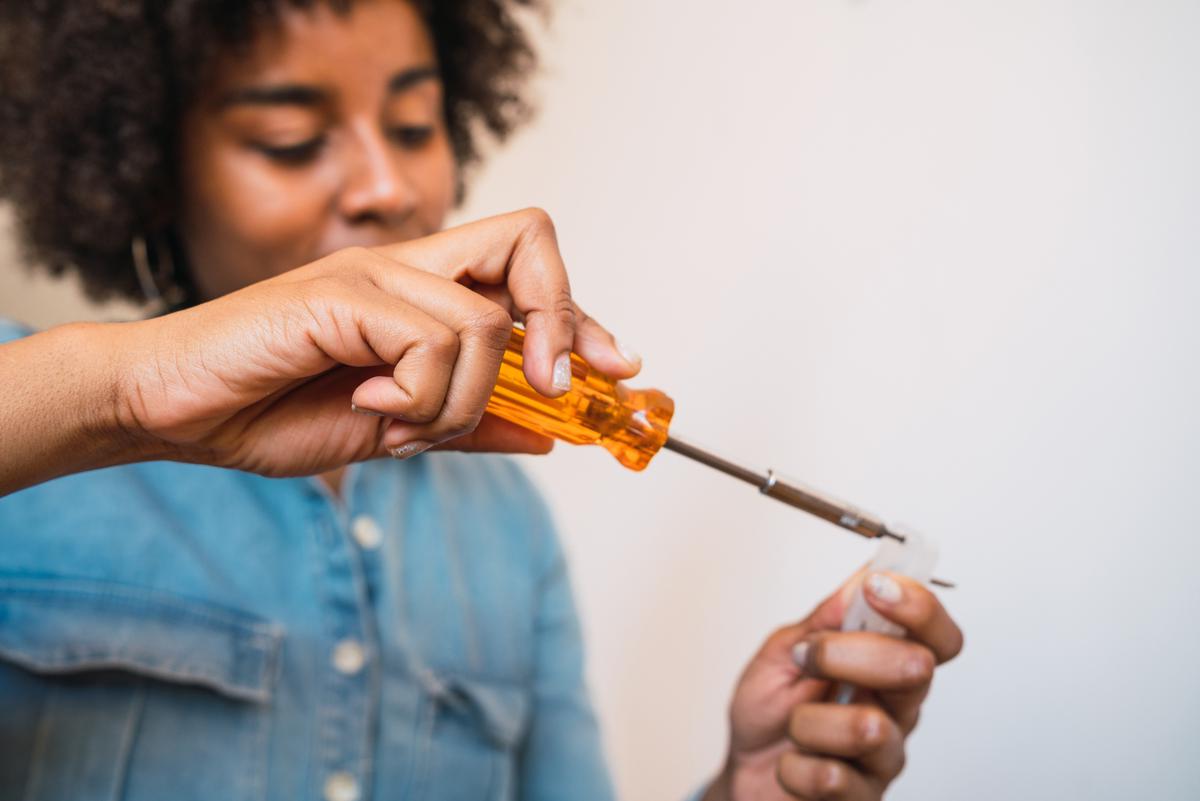
Some tools are essential toolbox items, you never know when you might need to use one.
Tools Every Household Should Have
Hammer
A basic claw hammer will drive nails and remove them. This tool can be useful for many household repairs and modifications, such as fixing chairs and hanging pictures.
Pliers
Since pliers come in several forms, you would probably want to have a small set of them. The most common types of pliers you may find useful are slip-joint, groove-joint, needle-nose, and side-cutting. Depending on the type, you may need pliers to grip bolts, shape wires, and so on.
Screwdrivers
Screwdrivers are available in two main types: flat-head and Phillips-head. You’ll most likely need 3 sizes of each. Screwdrivers are mostly useful for tightening loose screws, assembling (or unassembling) appliances, and basically anything that involves screws.
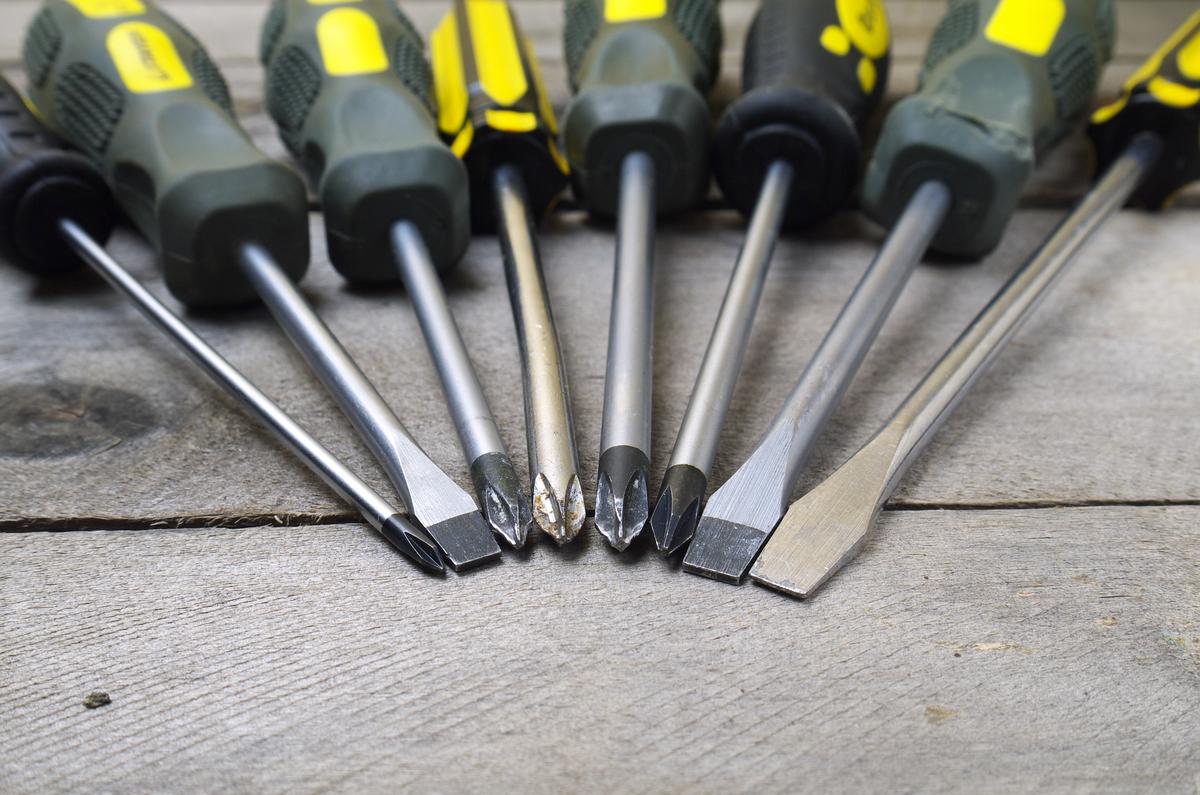
Having an array of screwdrivers will always come in handy, as long as you make sure you have the two main types.
Handsaw
A basic handsaw would be used for cutting or trimming wood. You may need this tool for other purposes such as sawing a portion of a bamboo stick to use as stem support for a growing houseplant. A handsaw is especially useful for a range of DIY projects.
Flashlight
Available as either rechargeable or battery-powered, flashlights are a must-have in emergency situations such as an electric power-out. The more preferable option for flashlights would be rechargeable, since you may not always have spare batteries lying around.
Duct Tape
Duct tape can be used for anything from patching up a hose to removing pet hair off your jacket (it doesn’t fix broken relationships though).
Utility Knife
You’ll be surprised by how useful this tool can be. Can’t find your pencil sharpener? A utility knife will do just fine. Your package from Amazon just arrived? Better grab your utility knife if the package is triple-wrapped and a pen won’t do.
Putty Knife
One of the most versatile tools would be a putty knife. You can use it for just about anything such as scraping off excess glue or caulking and reglazing a window. Even artists make use of this tool to give a special effect to their paintings.
Paintbrushes
If you’re planning on a living room paint-over, or maybe even repainting a piece of furniture, you’d probably want to have a couple of paintbrushes around to avoid a trip to the supply store. Although their intended use is for painting, you can also use brushes to apply contact adhesive or PVA glue.
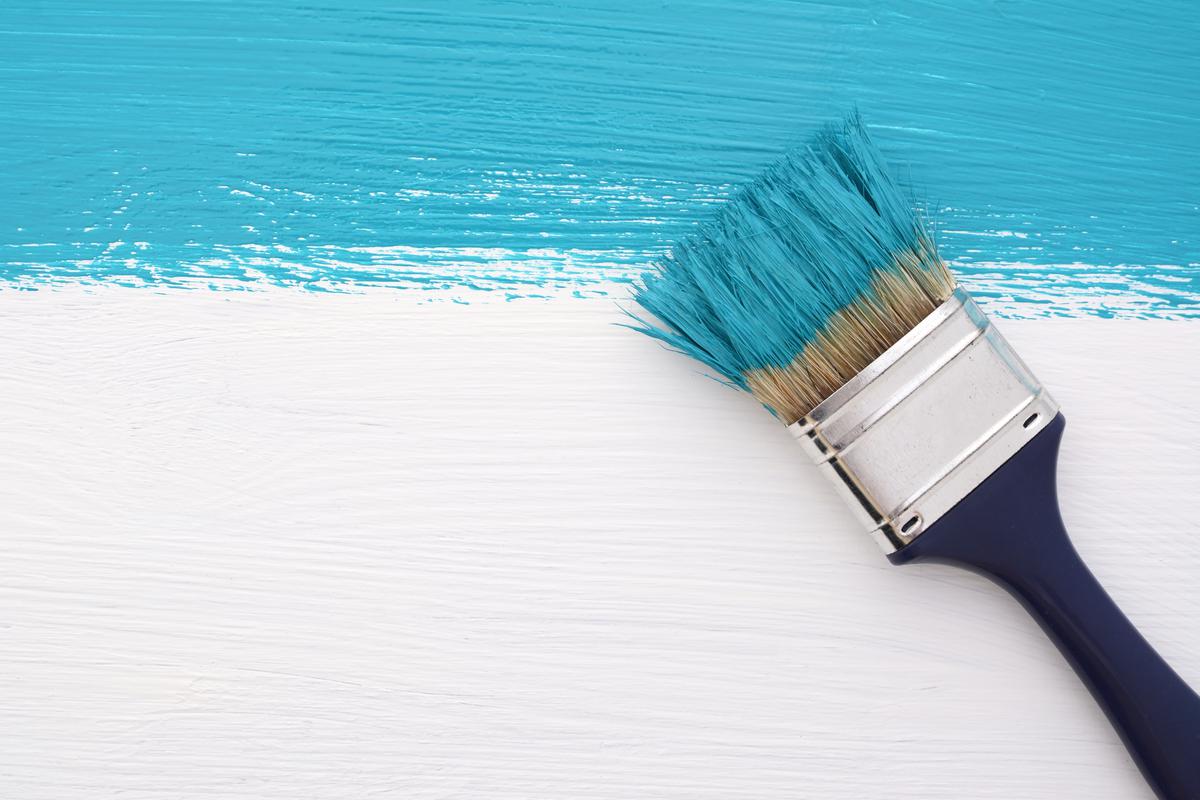
You may never know when a paintbrush might come in handy.
Tape Measure
You never know when you're going to need to measure something in the house, such as the length and width of a living room cabinet to see if it can accommodate your new TV. A tape measure is certainly a must-have for every household.
Level
This tool will let you know whether surfaces that should not be tilted are indeed tilted or not. If the bubble is in the center of the tube, then you’re good to go.
Wrench
Wrenches can be either adjustable or a combination of different sizes. You may probably need one of these to tighten fixtures such as a dripping faucet or a leaking radiator.
File
Sometimes you may notice some sharp or rough edges just about anywhere — Perhaps a splintered armrest or window frame. With a file, you can easily smoothen out those edges.
PVA Glue
PVA glue is an adhesive mainly used for most wooden surfaces. If one of your pinewood dining chairs has come apart, some PVA glue might temporarily solve the problem until you get a carpenter to fix it.
Sockets
A socket makes assembling anything with bolts and nuts so much easier and faster. You can find a set of sockets in a variety of sizes.
Screws, Nuts, Bolts, and Nails
It definitely doesn’t hurt to have some spare screws, nuts, bolts, and nails of various sizes around. Who knows when a screw from an appliance goes missing, or when you need to hang a wall piece?
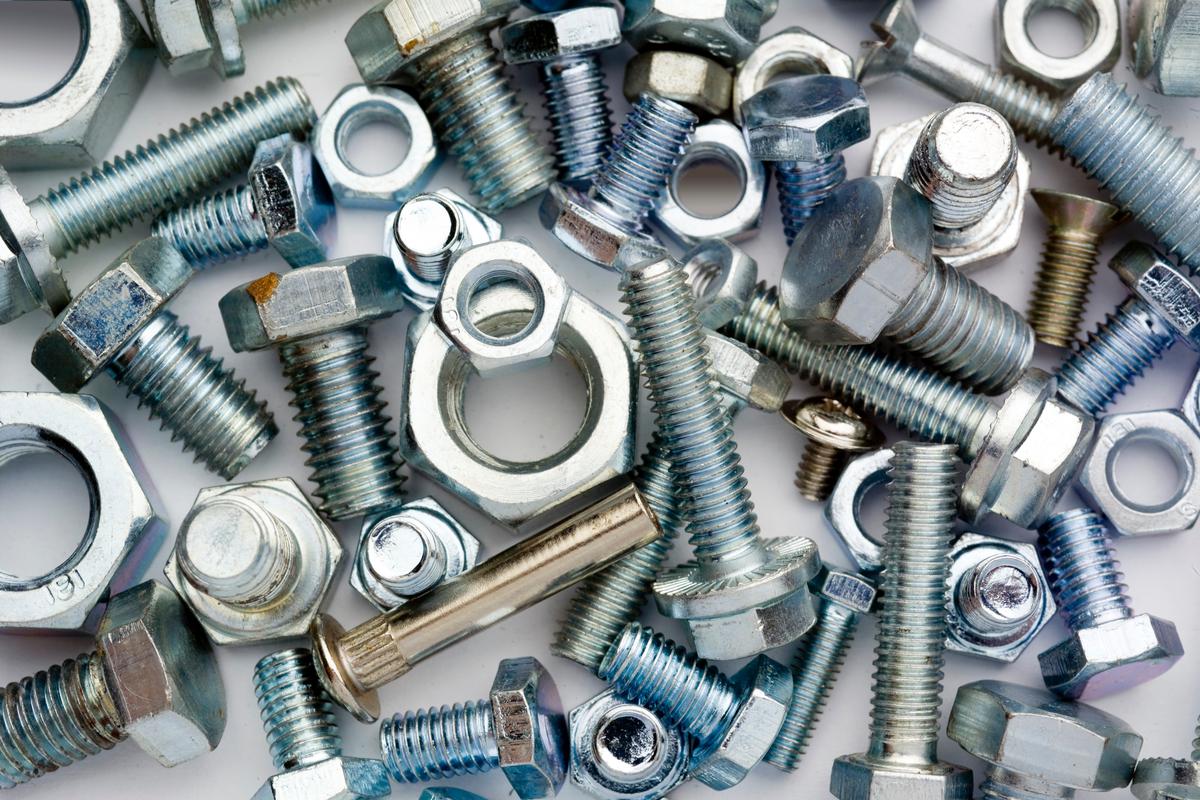
Screws, bolts, and the whole package are must-haves in every home.
Clamps
A good set of clamps will give you the grip you need for various purposes in terms of repair or even DIY projects.
Sandpaper
After filing a surface or an edge, you can follow it up with sandpaper for an even smoother finish. Moreover, sandpaper is available in a variety of grits, making it a multi-purpose tool.
Contact Adhesive
While PVA glue is mainly applicable on wooden surfaces, contact adhesive can be used for anything from leather, textiles, rubber, and so on.
Caulking Gun
Also known as a mastic applicator, a caulking gun is specifically designed to hold caulking or sealant tubes. You may need one for various purposes such as insulating a window frame.
Toolbox
Unless you have a spare drawer to allocate for your tools, you may need a toolbox to keep them all organized in one place. Consider one with compartments to store your tools more conveniently.
Some of these items that you should have in your toolbox can be used for DIY projects like a birdhouse, fancy book decor, or even a DIY workbench for other projects. While you can purchase these tools separately, most hardware stores will have a basic home tool kit to go. It is worth noting that the most basic tools kits will come in handy more often than you’d think, and will therefore take a lot of wear and tear. Investing in decent-quality tools would ensure that they serve you for many years.
Equipment You May Need at Home
While most tools can be multi-functional, some pieces of equipment are designed for specific purposes. Although a variety of types come to mind, from cooking equipment to gardening, there is a general list of equipment to have at home.
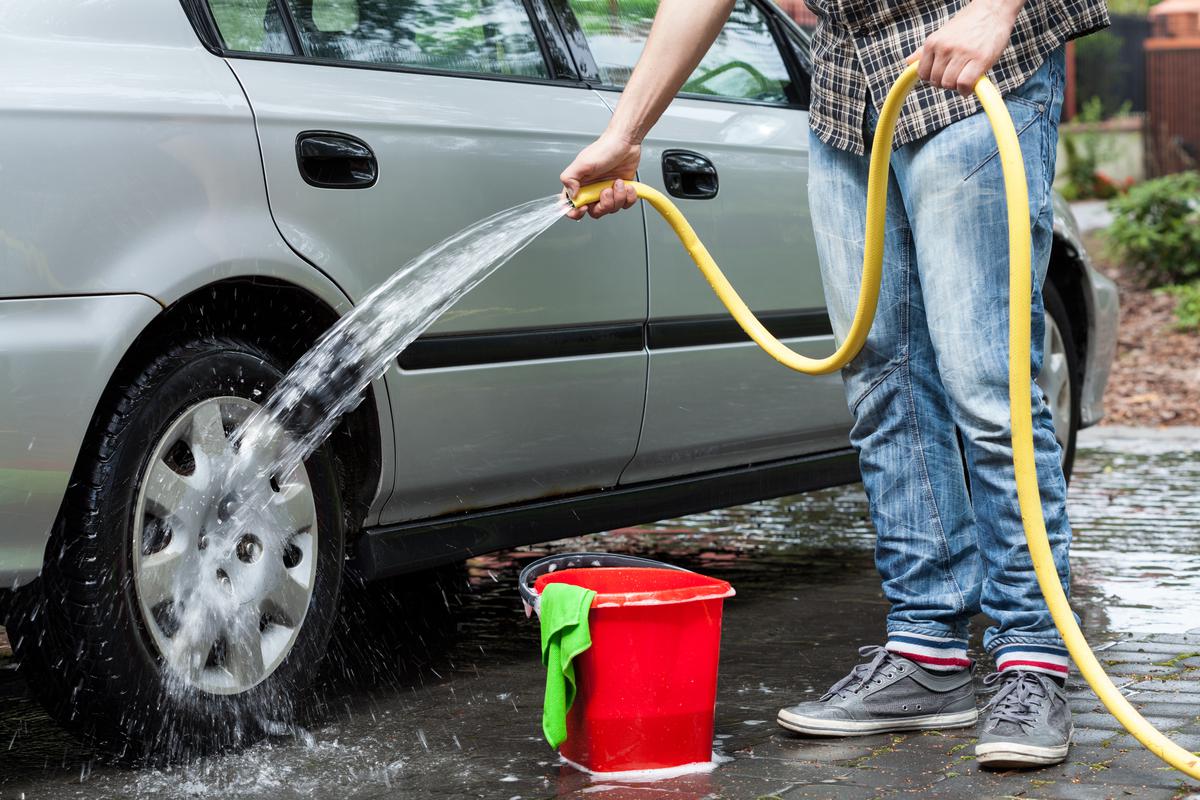
The most common types of equipment are must-haves at home because you simply never know.
Ladder
One of the most frequently used equipment in every household would be none other than the ladder. Whether you want to change a light bulb or reach for the top shelf of a dresser, a ladder would give you the lift you need.
Shovel
Depending on its shape and size, a shovel can be handy for some minor gardening or shoveling snow off the driveway. If you have a balcony garden, a hand shovel is a must-have.
Power Drill
Power drills can be either corded or cordless, the latter being rechargeable. If you’re getting into projects every now and then, consider getting a power drill that fits your needs.
Wire Stripper
Although many pliers may also function as wire strippers, you can never go wrong with having a dedicated tool to strip wires.
Hose
If you prefer to wash your car at home or have any greenery to keep alive outside, then a hose is probably something you’d want to have at your disposal. A good quality unit will not puncture and kink easily.
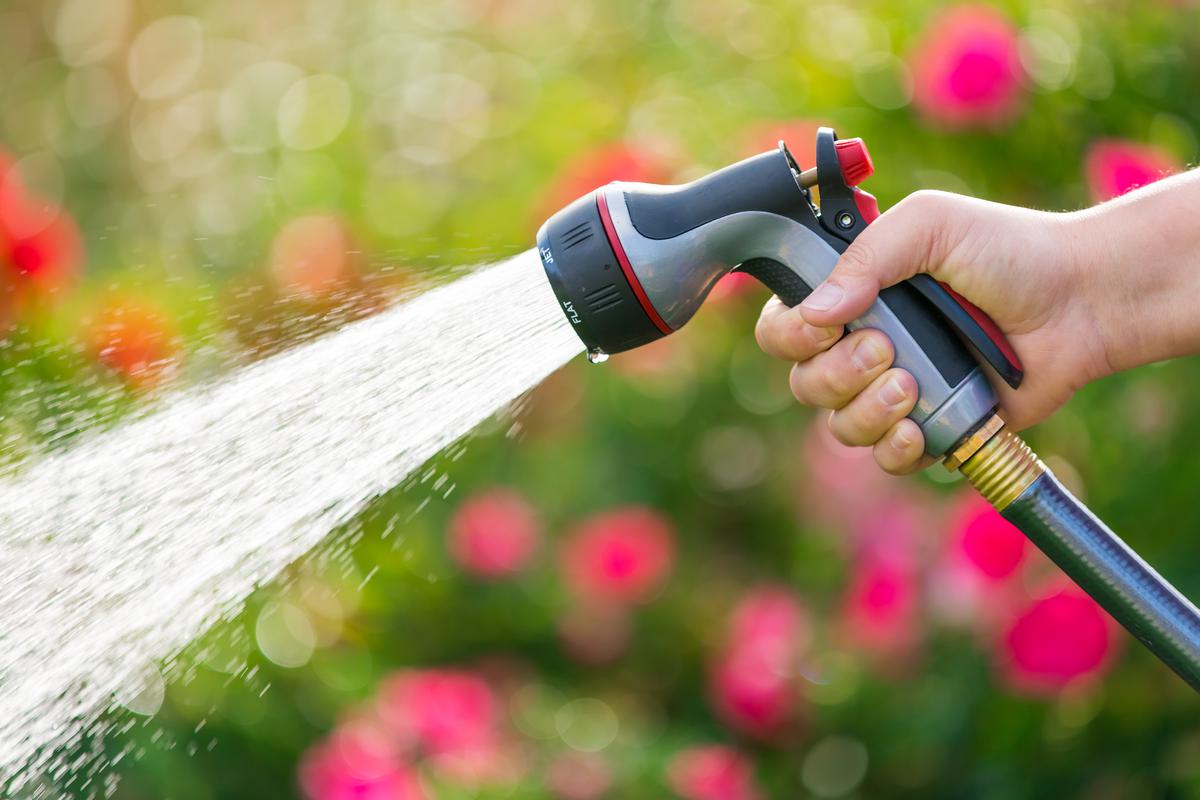
Hoses always tend to come in handy, regardless of whether or not you have a garden.
Thermometer
No, not the medical kind ─ although that’s also something you may definitely need. To measure the air temperature inside and outside your house, a thermometer will give you a good reading. (restructure)For faster results, consider a digital thermometer.
Digital Hanging Scales
If you're packing for a trip across the continent, you may wonder whether your luggage is below the maximum weight allowed by the airline. Digital hanging scales will give you precise measurements.
Stud Finder
Suppose you want to hang up your new 55-inch widescreen TV on the wall. You may want to use a stud finder to find out where exactly you can hang it. A stud finder basically locates framing studs behind walls, which is where you’ll want to drill; choosing a spot blindly may result in having to buy both a new TV and a new wall as well.
Whetting Stone
Eventually, some of your knives will become dull; as a result, chopping vegetables may seem like a daunting task. Sharpening your knives with a whetting stone will give you a clean and precise cut.
Extension Cord
For outdoor projects that may involve the use of power tools, a heavy-duty extension cord would be essential.
Safety First
Whether you’re doing repairs, modifications, or DIY projects, your main priority should be your safety. There is some basic safety equipment that will save you from unexpected trips to the hospital. It is always better to be well prepared than sorry.
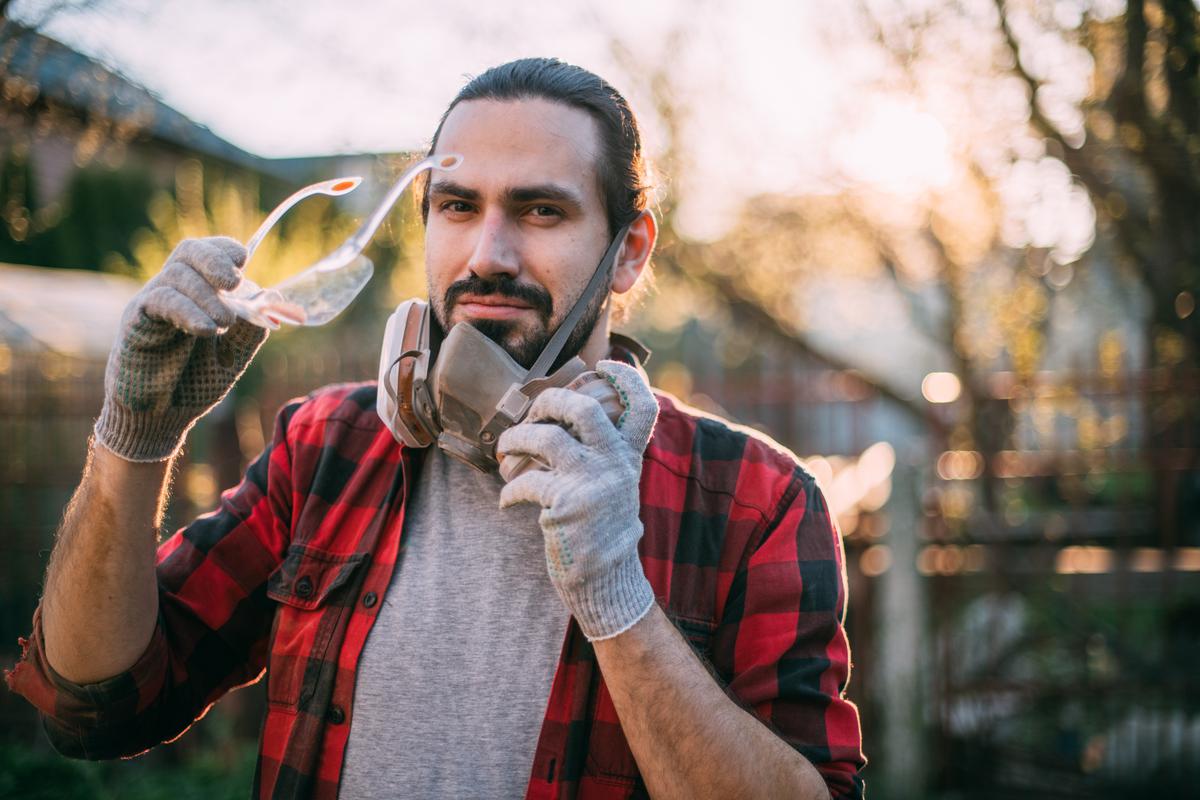
Make safety your top priority when engaging in any home repair activities.
Safety Goggles
Most household projects and repairs that may involve possible hazards like dust and shrapnel would warrant the need for safety goggles. To be on the safe side, wear goggles for just about anything that may throw up some dust; they both are must-have tools for homeowners.
Safety Gloves
Heavy-duty gloves are especially important if you are working with sharp objects such as a power drill or a handsaw; one mistake and you could lose a finger. A good pair of safety gloves will give you the dexterity you need to get the job done while keeping your hands safe.
Gas Mask
While some projects pose injury hazards, others may involve some toxic fumes and dust particles that you wouldn’t want to inhale. However, for projects that may expose you to toxic fumes, it is best to leave it to a professional. Nevertheless, it wouldn’t hurt to have a gas mask for projects that you plan on handling yourself or even hire an inspector.
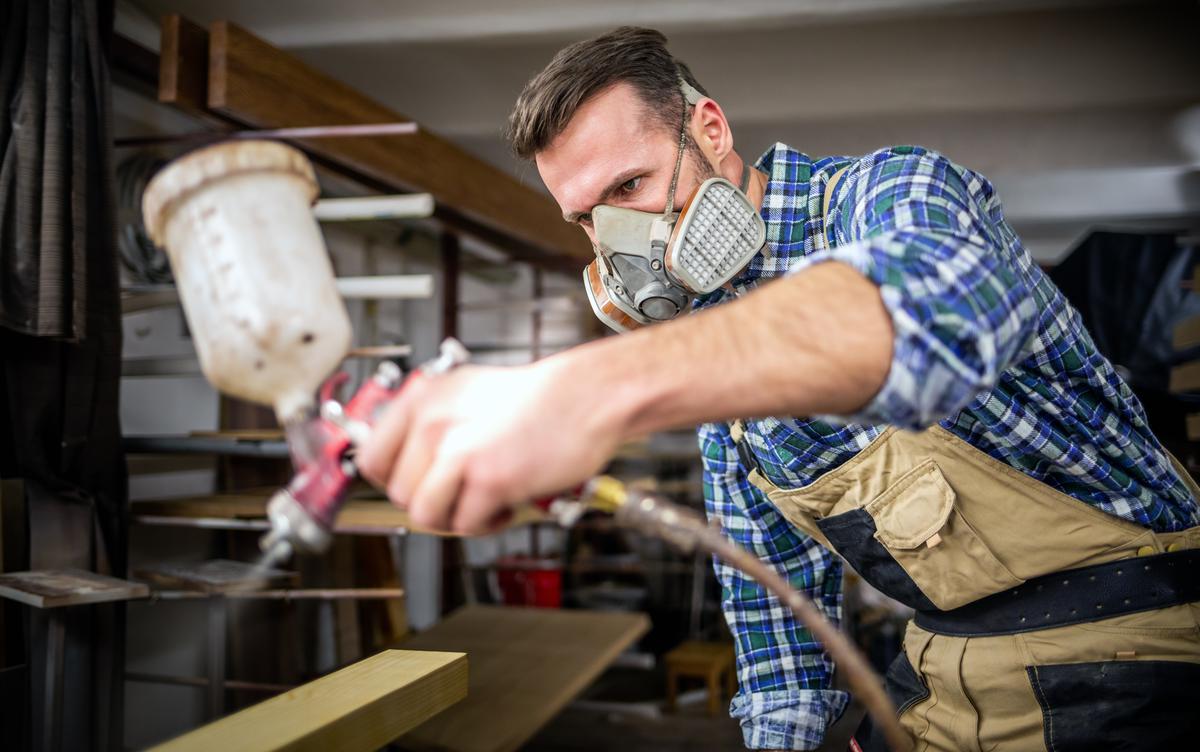
One can never be too careful, and gas masks guarantee maximum protection from fumes.
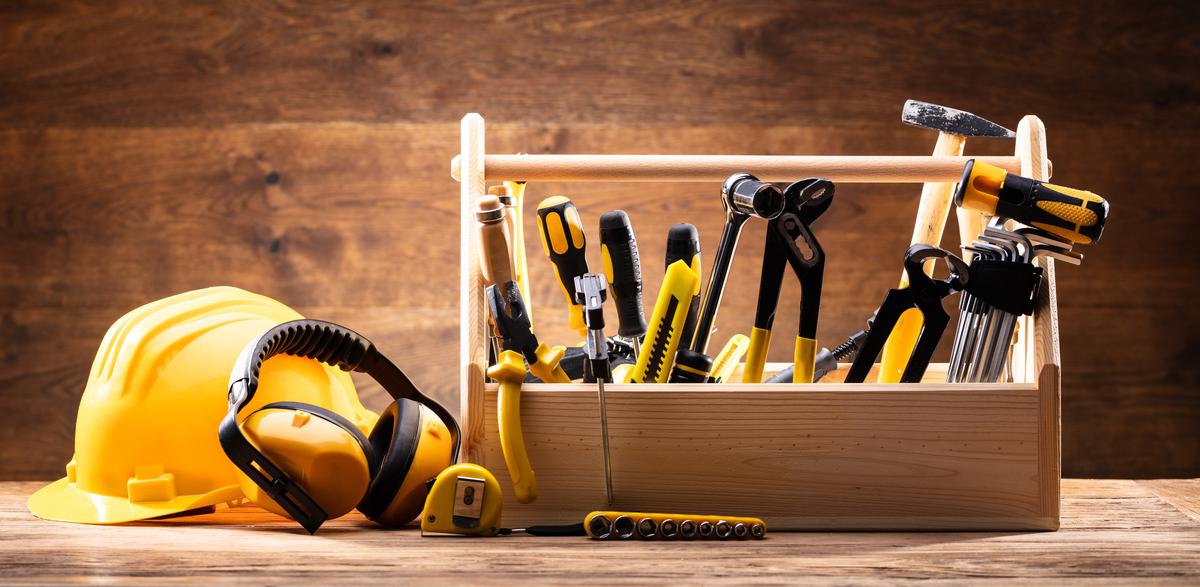

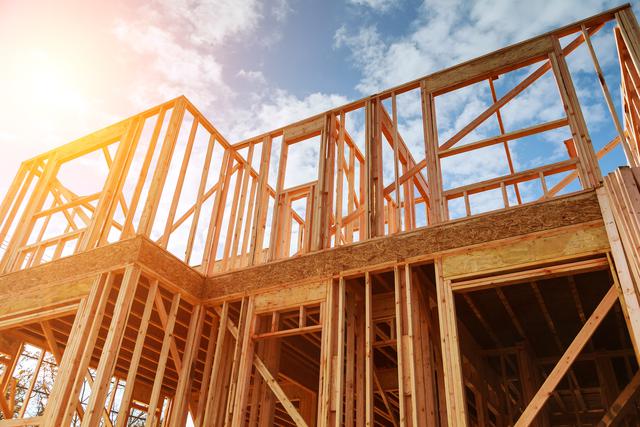
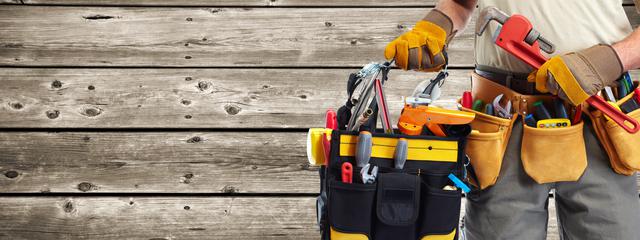
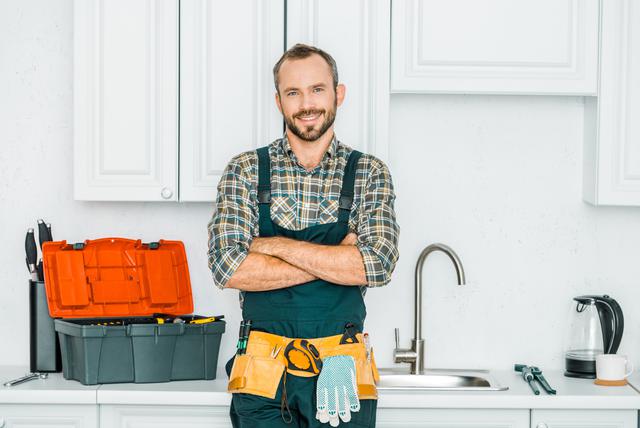
comments